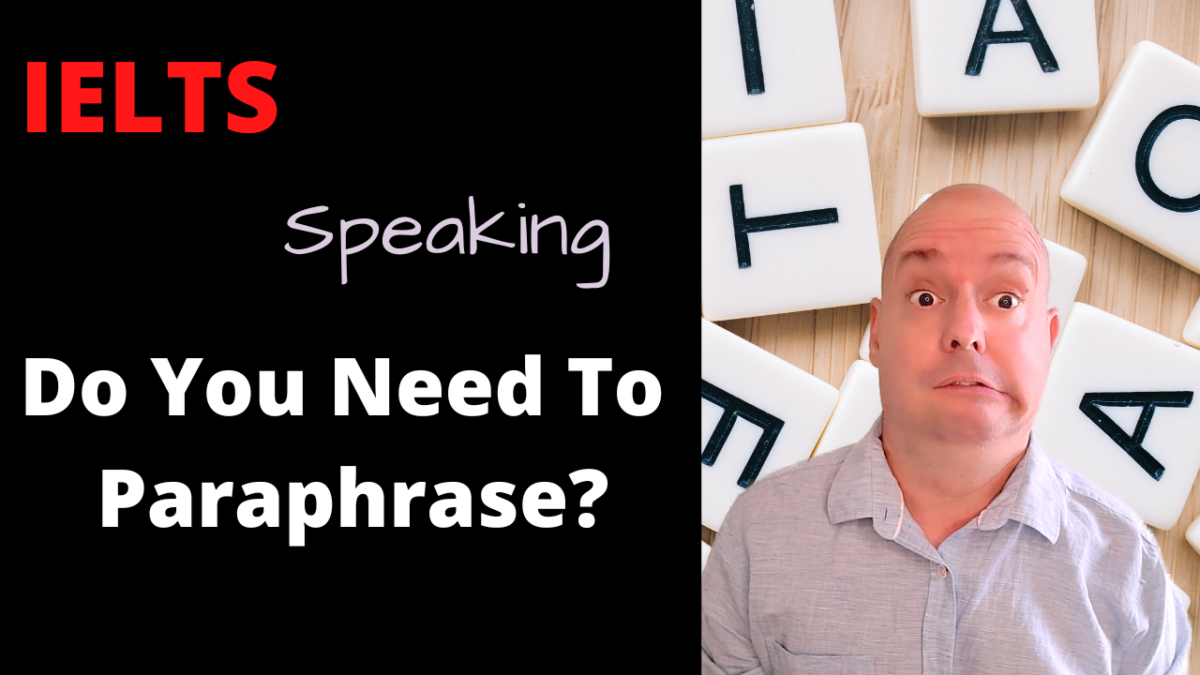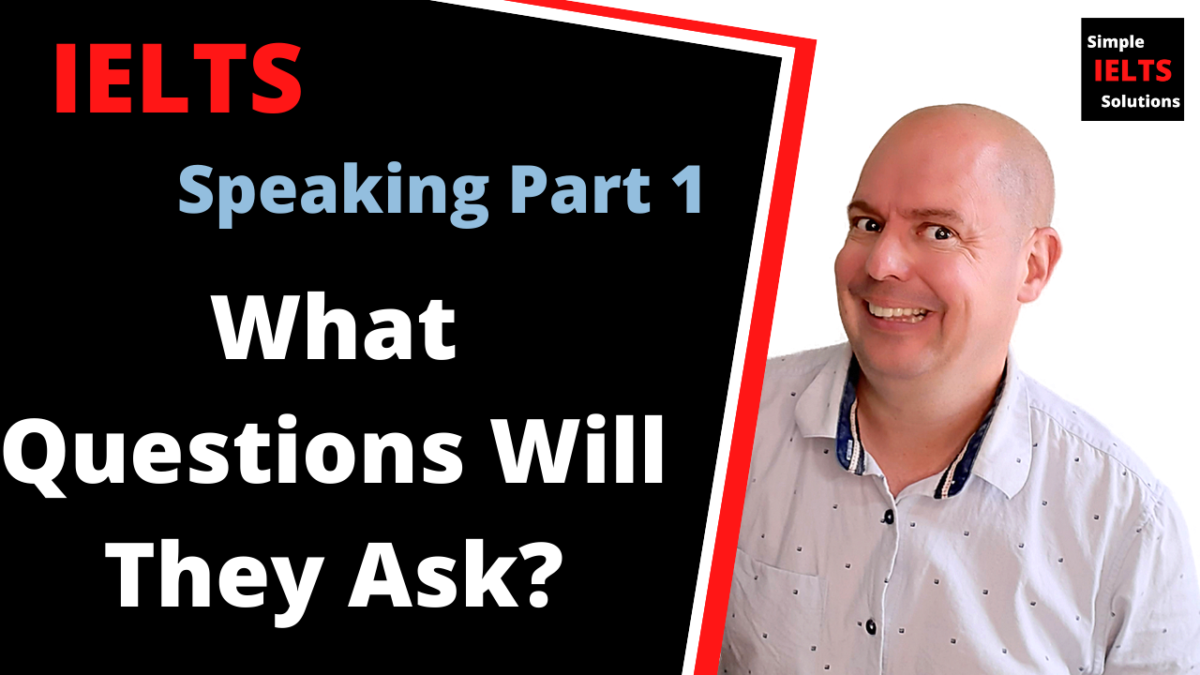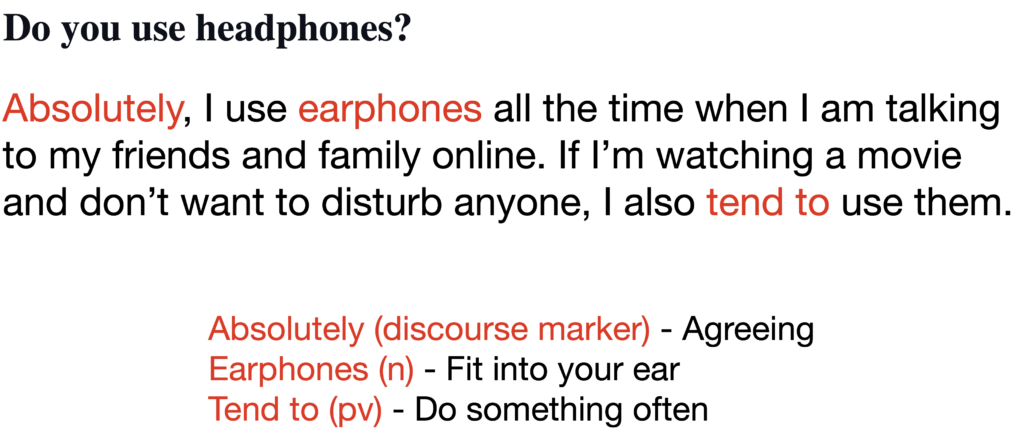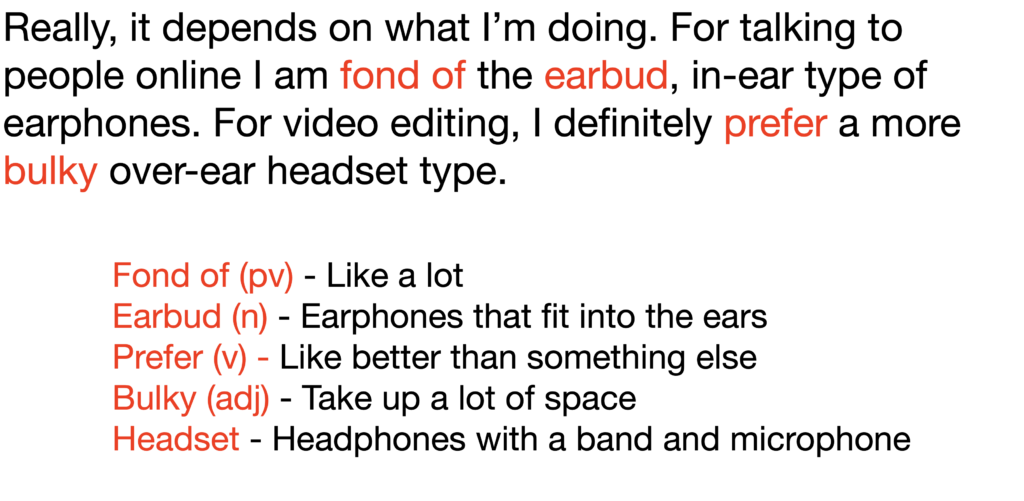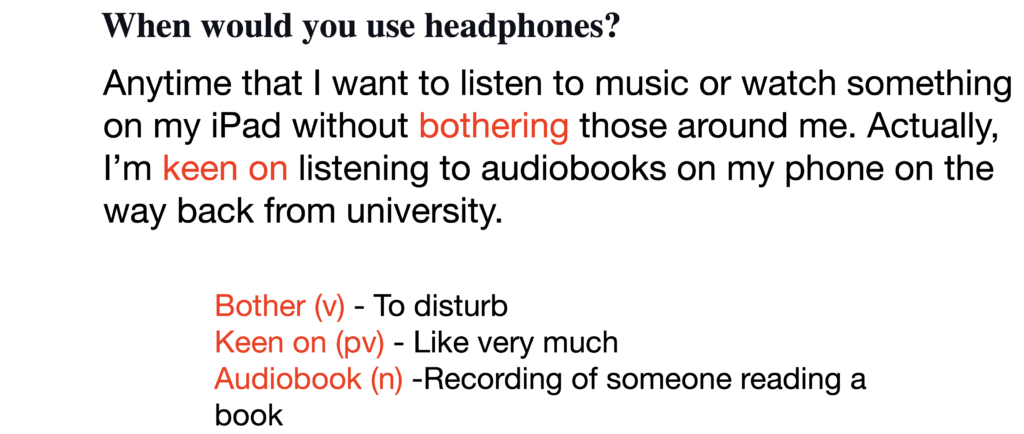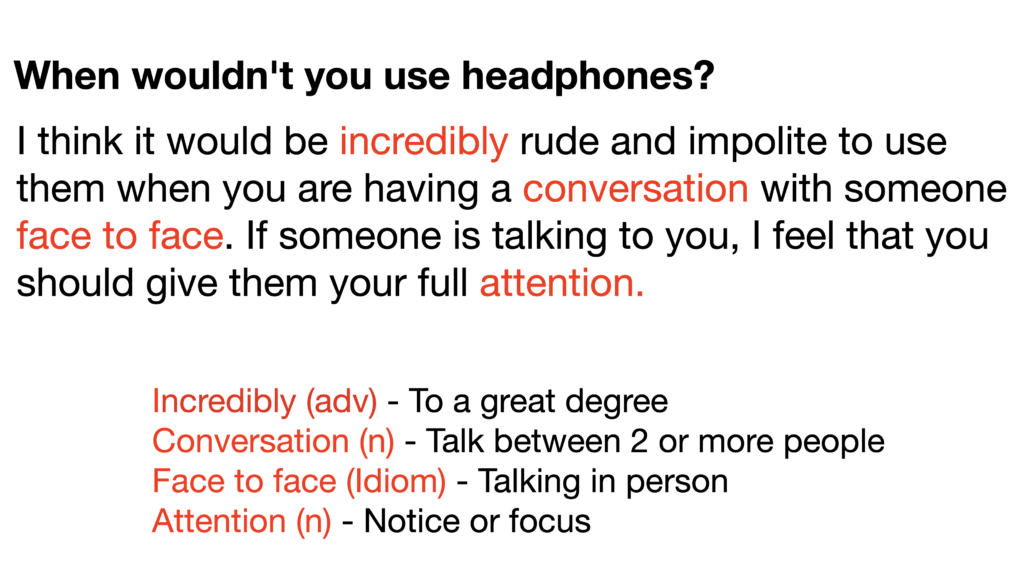Paraphrasing the question when giving your answer in IELTS speaking is a good idea. It lets you show that you have a varied range of vocabulary.
This is the reason that so many tutors will ask you to paraphrase the question. Just to encourage you to use some different vocabulary than what is used in the question.
For more information on why paraphrasing is important, follow this link.
This post will give you some hints and tips about how you can paraphrase in your answer. But remember, not all answers will require you to paraphrase the question and you can often just answer the question directly.
If we take the following question:
‘Will more people live in the countryside in future?’
We could answer this directly without any paraphrasing by saying, ‘Certainly not, in my mind urbanization is increasing rapidly so more and more people will be living in urban hubs.’
With IELTS speaking parts 2 and 3, paraphrasing is often less of a problem because it is easy for students to get straight into answering the question directly like in the above example.
How to paraphrase an IELTS speaking question
It is certainly not about repeating the question back to the examiner in different words. This would be time-consuming and wouldn’t answer the question.
It is about changing some or all of the key vocabulary in your answer to make sure you are not just repeating what the question has asked you.
Remember that your answer needs to be fluent, so only change what you can easily change without pausing or hesitating.
Let us take a common IELTS speaking part 1 question.
Do you like to sing?
With this question, there are two obvious things we can change, both of the verbs (like and sing).
Do you like to sing?
Like, could be changed to; love, keen on, fond of or a big fan of.
To sing could be changed from the verb to singing, which is a gerund.
Our answer to this could start as follows:
I am fond of singing…..
I love singing, I do it every day…
Some questions will ask about nouns. It is a good idea to paraphrase the noun using a synonym instead. But don’t take too long to think of this word as fluency is also important.
The question may ask:
Do you like to go to the cinema with your friends?
We have two nouns in this question, cinema and friends.
Do you like to go to the cinema with your friends?
All you need to do here is think of synonyms for these two nouns.
Instead of cinema, we could say movies, movie theatre, pictures or watch a film.
To replace friends, we may say chums, amigos, best friends or buddies.
So our new answer may be something like this:
I really like going to the movies with my chums, especially at the weekend.
What if I can’t think of any synonyms?
If you really can’t paraphrase the question, and with some vocabulary it can be very difficult, try changing the word order instead.
Let us imagine we are answering the following question:
Do you think it is helpful to plan your time?
Instead of answering something like, ‘I think it is helpful to plan my time…’
We could change the word order in the reply. Making it something like this:
I think planning my time is very helpful because…
When we are thinking of paraphrasing, using synonyms and changing word order, we are just doing this to show the examiner how great our vocabulary is.
Therefore, you will probably use a combination of all of these techniques when answering the questions.
But make sure that you don’t take too long to try to search out new vocabulary as fluency is also very important.
I wish you luck in your IELTS speaking test and hope you can show the IELTS examiner how good and varied your vocabulary is.


